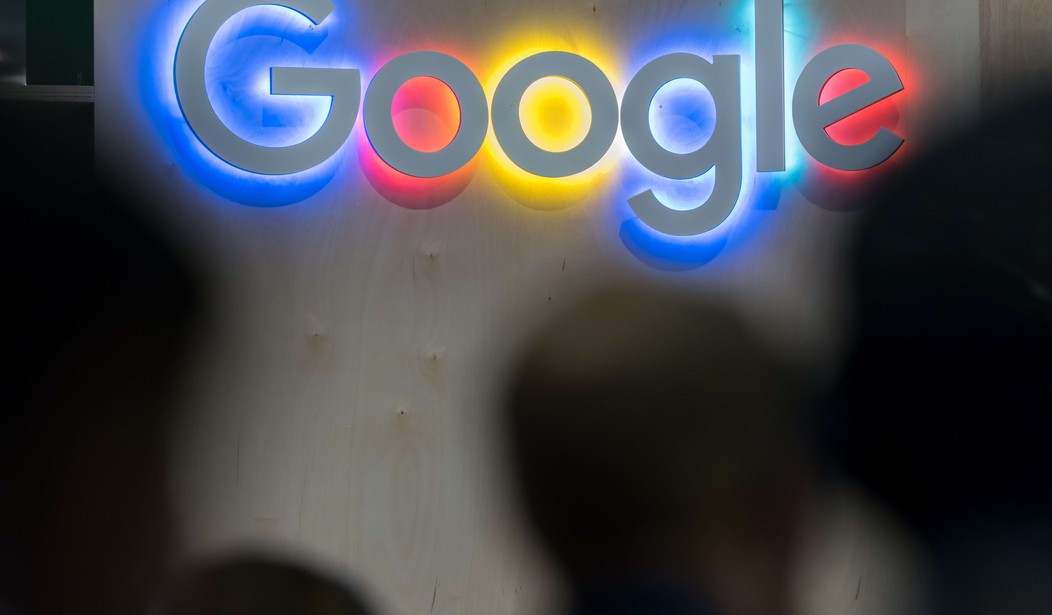On Tuesday, the anti-sex trafficking bill (FOSTA) passed through the House Judiciary Committee…with some serious baggage dragging behind it as it heads for a full House vote. From NextGov.com:
A controversial bill originally targeting online sex traffickers got the House Judiciary Committee’s stamp of approval on Tuesday after lawmakers expanded the legislation to criminalize all prostitution activities on the internet.
As it moves along to a House vote, the Allow States and Victims to Fight Online Sex Trafficking Act threw a wrench into a months-long debate on how to curb online trafficking while protecting tech companies from frivolous lawsuits. The amended version of FOSTA won over some of the bill’s original opponents, but it lost the support of others who claim the revised bill lacks its original teeth.
Here’s why it’s controversial:
According to Politico, Goodlatte is pushing an amendment to Sen. Rob Portman’s anti-sex-trafficking bill that “would limit the civil liability tech platforms could face.”
Supporters of Portman’s bill are angry about the move, charging it undercuts the bill’s effectiveness and calling it “harmful to the rights of victims.”
Thirty different groups and sex crime victims urged the committee not to approve the change to the bill.
Do you know who the largest opponent of Portman’s Senate sex trafficking bill is? Google. And you know who is the second largest donor to soon-to-be-retiring Judiciary Committee chair Bob Goodlatte (R-VA) is? Google. Red State has a nice round-up of all Goodlatte’s campaign loot from Google.
Mary Mazzio, director of “I Am Jane Doe,” a documentary film about online sex trafficking and the website Backpage.com, called the change “harmful to the rights of victims” and questioned why the House bill has undergone the change, Ashley reports.
And Sen. Portman also hit the proposed legislation for its added protection for Google. “Here in the Senate, we have a carefully-crafted, bipartisan solution that has the support of all major stakeholders, including victims and advocates, faith-based groups, law enforcement, and the larger tech community,” Portman (R-OH) a co-sponsor of that bill, said. “This new House proposal is opposed by advocates because they’re concerned it is actually worse for victims than current law.”
Here is a good explanation of why Google would defend Backpage.com, a website involved in 73% of sex trafficking in the United States:
The answer has to do with Section 230 of the Communications Decency Act, which protects internet companies like Google (and The New York Times) from lawsuits — and also protects Backpage. Google seems to have a vague, poorly grounded fear that closing the loophole would open the way to frivolous lawsuits and investigations and lead to a slippery slope that will damage its interests and the freedom of the internet.
NextGov explains:
“The revised bill would only criminalize websites with “intent” to facilitate or promote online prostitution, a narrower standard than “knowing conduct.” It would also raise the requirements for liability and maintains websites’ Section 230 protection in civil suits.”
In other words, if Google isn’t intending to traffic human beings, hey, they can’t be held liable for facilitating or promoting a website that does. Maybe they don’t know what’s going on, if you know what I mean. Makes sense, right?
“Although the amended version may be well intended, by ignoring the possibility of a private right of action, it fails,” wrote the advocacy groups and sex crime victims. “Not a single trafficking survivor or victim’s group that we have been working on this legislation supports this amended version.”
Oh well. We’ll see what happens to the bill now that it’s out of committee — so stay tuned.









Join the conversation as a VIP Member